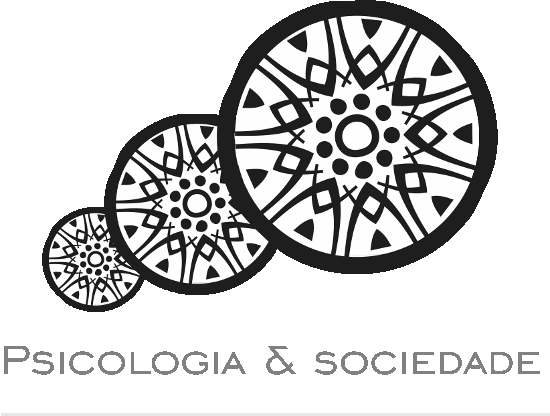The justice department of the Distrito Federal, Brazil (the municipality of Brasilia, the capital of Brazil) is transacting the implementation of the american model of drug courts. In this penal model, consumers of illegal drugs are under the obligation of treating their supposed disease, diagnosed in magistrate's court by a judiciary authority. A refusal to the treatment implies in legal punishment. We used critical discourse analysis as the methodology to analyse the documents that describe and justify these policies. With hermeneutical criteria this methodology tries to point out the ideological characteristics of the texts and discourses and relates them with greater discourse formations. These policies of compulsive treatment of drug users results in penalizing the drug users themselves, placing them under the double stigma of being sick persons as well as criminals. These initiatives have a relationship with the denominated "zero tolerance" policy that tries to incriminate social groups and particular subjective types. The Justice's increasing demand of mental health professionals to become members of this legal circuit places them amid an ethical and political challenge.
Drug Courts; drug users; public policies
